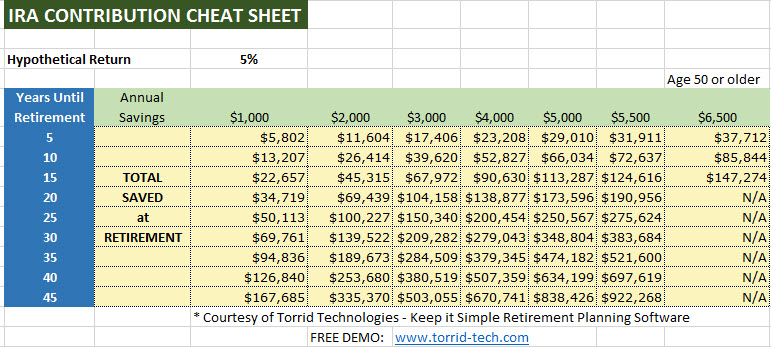Family asset planning
Have you ever considered providing asset planning for the whole family when consulting with your clients?
Forbes October magazine has an interesting article about a pilot program from an advisor with Wells Fargo.
We probably all know of situations in which a family death began a feud over what money and possessions remain. It doesn’t seem to matter if it’s great amounts of money or small. It always has the potential to get unpleasant.
The program highlighted in this article seeks to counsel families in how to plan for the inheritances – before death – so that everyone makes the best use of the assets. Parents are finding comfort through this program in discussing their financial standing openly and honestly with their children so that they can plan to make the best use of their inheritance. It also gives peace of mind to the parents that their gifts will be used appropriately and not be wasted on foolish gains and activities.
The clients noted in the article are, admittedly, dealing with massive amounts of money. Maybe you have some of those clients yourself. Maybe your clients with less money could benefit from a similar approach as well.
Take a look at the article and see what you think. This program is reporting huge success and say they have people beating down the doors to be involved. Could this work for you in your practice?




Recent Comments